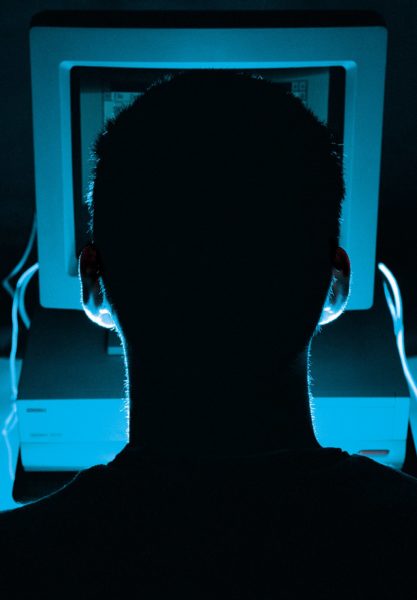The recent Equifax security breach, which affected essentially every other person in the US, is just the latest example of our vulnerability in the face of cybercriminals–and further proof that we need to teach kids as early as possible that they can make good living as hackers.
I’m not talking about the hackers in movies or TV shows who rob online banks or crash the stock market for fun; those aren’t hackers–they’re criminals. Think instead of hackers who understand computer systems so deeply, they can spot bugs before the bad guys do, and fix them.
Hacking in School
Full disclosure: I’m a hacker. I’m also a fourth-year computer science major at Carnegie Mellon University. I’m here because my county school system gave me the chance to learn computer science in middle and high school and introduced me to hacking through online computer security contests.
The gold standard of these beginner’s hacking contests was picoCTF, a video game geared towards teaching high school kids real-world computer security skills in the form of with a storyline. I found that picoCTF gave a fun twist to learning new hacking techniques and reinforced my knowledge and interest in hacking.
Teaching kids how to hack has long been a controversial issue. But the truth is we’re never going to be safe from criminal hackers if we don’t start training people how to hack. Teaching defensive hacking where the “defense” desperately tries to ensure there are no holes in a system just won’t cut it. An attacker needs just one opening to be successful. In this case, the best defense is a good offense.
(Next page: Why student hackers are critical)
Why Student Hackers are Critical
To better prevent attacks from happening, one must take the role of an attacker to understand what the offensive attack would look like and how it would work. Red teams and white hat hackers are hired for this very purpose to attack systems from the attacker’s perspective and find the holes that criminals could take advantage of.
Just like we tell our kids they can grow up to be a doctor, or a lawyer or an engineer, we need to start telling them that they can be hackers, and that “hacking” is not a bad word–it should be embraced because it represents a computer security expert who can make technology safe to use.
Good Hacker Musts
What makes a good hacker? It would seem like good brains would be it, but the world’s best computer security experts aren’t winning science fairs, or earning perfect scores on the SAT.
Hacking is an odd mix of creativity, intelligence and patience, and of course, a willingness to learn and ask for help. The only way one can know if their good at hacking is to try it. And the only way students can try hacking is if they know it is even an achievable thing, and that comes down to teachers exposing students to these skills and opportunities.
Sadly, fewer than 20 percent of high schools offered the Advanced Placement (AP) computer science course in 2016, so going on to study computer engineering or computer science in college takes a bit of luck. Most kids don’t learn that computer security is a field that they can pursue until college, at which point most of them have already decided on a particular career path.
I was exposed to hacking in high school and computer science even earlier; I was lucky to get the chance to learn of the field early on.
Some schools get it and require that students take programming courses. High school level computer science and computer engineering courses are also on the rise. But these aren’t enough. We need to be teaching these kids that there is a huge burgeoning area called computer security, and it is desperate for talented personnel.
I don’t need to tell you that our lives are becoming increasingly digital; the Equifax security breach has made that painfully obvious. And that breach, as many news media outlets have pointed out, was totally preventable if the right personnel had been in place. Our information and livelihood is on the line here, and our digital security won’t get any better until we start teaching young minds to become ethical hackers.
- The evolving requirements of a K-12 school network - April 24, 2024
- A bungled FAFSA rollout threatens students’ college ambitions - April 24, 2024
- How digital tools and AI can enhance social studies - April 23, 2024

